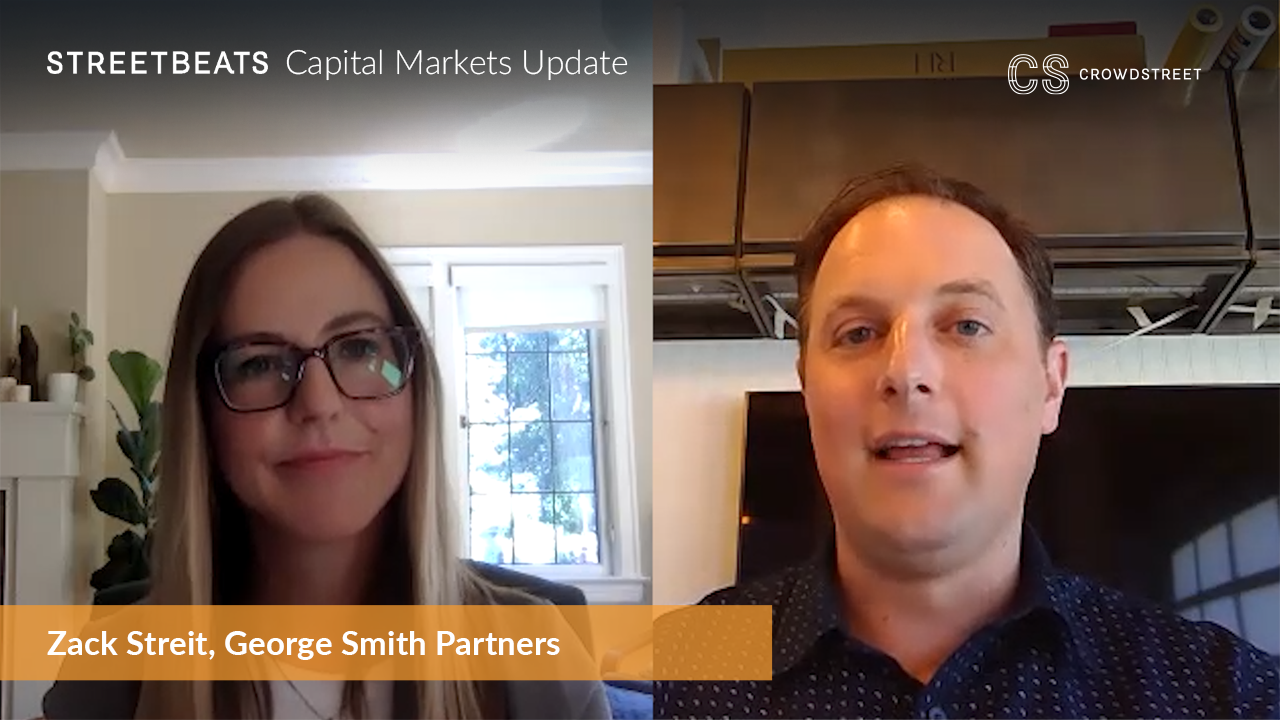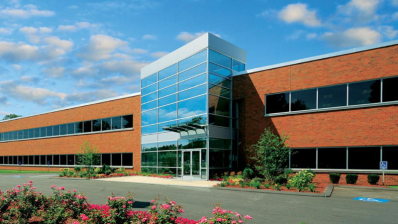
Crowd Street's Anna-Marie Allander Lieb is joined by Zack Streit, Senior Vice President at George Smith Partners, to talk about the hospitality market outlook, how the new federal policy on inflation rates can impact CRE, and how office spaces are incorporating a life science component.
